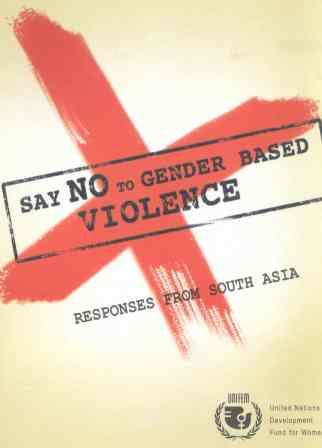Reduced down to its most basic form, gender-based violence (GBV) is violence that is inflicted upon somebody simply because of their gender. The term gender does not refer to a person’s sex (whether they are biologically a man or a woman), rather, it refers to the socially constructed idea of what it means to be a man or a woman – what roles and behavior a society considers appropriate and what value they place on men and women, boys and girls.
Gender-based violence is an umbrella term that includes violent acts that inflict physical, sexual, or psychological harm on the survivor/victim, including threats of violence, beatings, domestic violence, rape and sexual assault, psychological and economic violence, violence related to dowry, sexual violence related to exploitation, sexual harassment and intimidation in the workplace or school, trafficking in women, sexual exploitation, forced marriage, forced pregnancy and forced prostitution.
The term GBV is different to the term violence against women because GBV can also include violence against men. The term GBV is used to describe violence that arises from power inequities based on gender. As women hold less power than men in most societies they are far more likely to be subjected to gender based violence than men.
Sexual violence is a term often used interchangeably with gender based violence. However, sexual violence has a more narrow definition – violence that is sexual in nature. The example of forced marriage is helpful in illustrating the distinction between GBV and sexual violence. Forced marriage falls within the umbrella term of gender based violence – being forced to marry, forced to consummate a marriage, forced to bear children and forced to perform husband and wife roles are all forms of gender based violence. However, marital rape related to forced marriage, despite being gender related, falls within the category of sexual violence.
GBV is not limited solely to private acts, but can be instituted as a State or organisation-wide policy and this is frequently seen in the context of international armed conflict as a tactic of war. Due to the characteristics of war, women are more vulnerable to GBV, particularly rape, during armed conflict.


